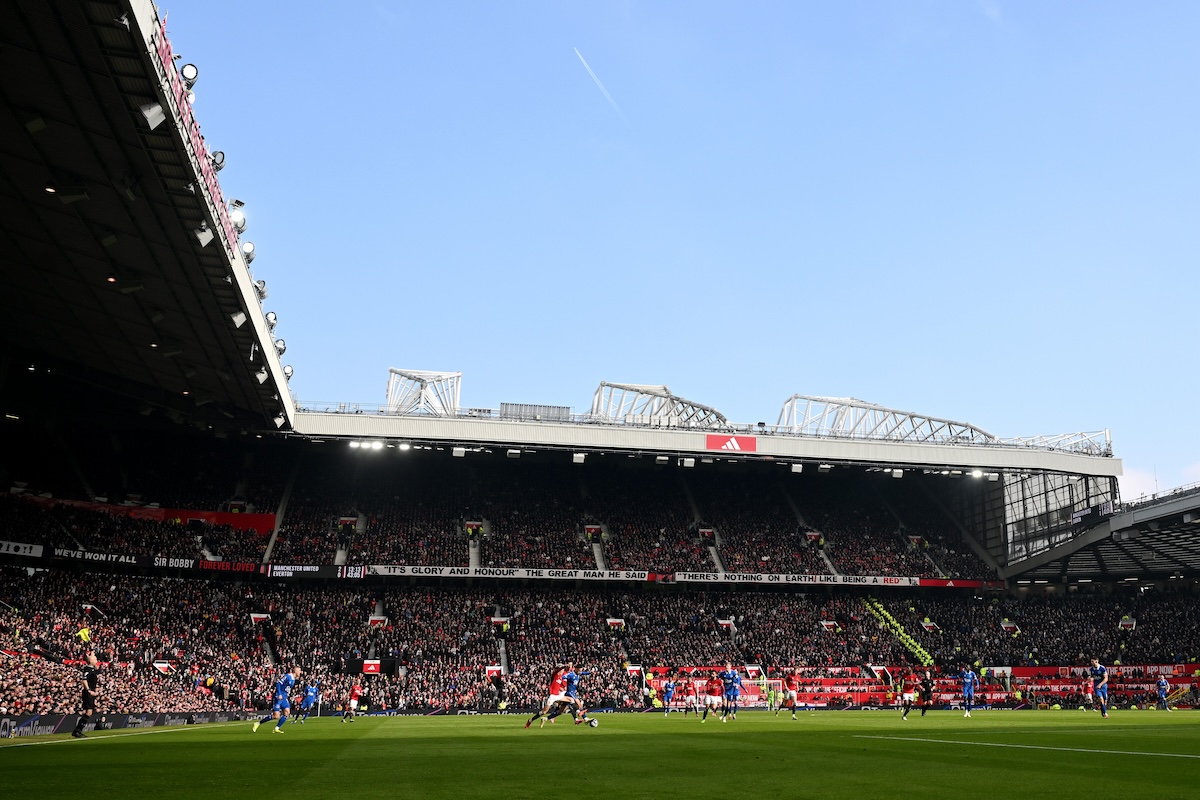The start of a new Premier League season often brings with it a fresh wave of optimism, especially for clubs with grand ambitions and a storied past. For Manchester United, under the stewardship of Ruben Amorim, this season began with the usual blend of hope and fervent expectation. Yet, just two games in, that optimism has been tempered by a stark reality: a mere single point and zero goals scored by the team themselves. The recent 1-1 draw against Fulham, punctuated by a squandered penalty, has merely intensified the spotlight on a club notoriously unaccustomed to prolonged periods of uncertainty.
The Weight of the Red Shirt: A Crucible of Expectation
Old Trafford is famously dubbed the “Theater of Dreams,” a moniker that harks back to eras of unrivaled dominance and breathtaking football. Today, however, it often feels more like a Crucible of Expectation, where every pass, every tackle, and certainly every missed opportunity is magnified by the club`s illustrious history and the insatiable desire of its global fanbase. For Amorim, the challenge isn`t merely about implementing a tactical system; it`s about managing a legacy. He inherits a team that concluded the previous season in a disappointing 15th place – a position entirely beneath the club`s standard – and the clock for significant improvement begins ticking the moment the first whistle blows. The grace period, for any manager at United, tends to be remarkably brief.
Amorim`s Vision: A Blueprint Under Construction (or Deconstruction?)
The manager has been unequivocally clear about his philosophy: a proactive, possession-based style, pushing the pace and dominating matches. During the opening exchanges against Fulham, fleeting glimpses of this vision were evident. The attack, seemingly invigorated by new arrivals like Matheus Cunha and Bryan Mbeumo, moved with a newfound fluidity. Indeed, Cunha himself could have notched a hat-trick within ten minutes, thwarted only by the woodwork and an inspired Bernd Leno. The irony, however, is palpable: while the forward line showed promise, the structural integrity behind it appeared to sag. The deployment of captain Bruno Fernandes deeper into midfield alongside Casemiro, while perhaps aiming for greater control, seems to have inadvertently created defensive vulnerabilities. It’s a classic footballing conundrum: strengthen one area, and another might just spring a leak.
The Penalty: A Microcosm of Fragility
In a game where United had to rely on an own goal to register on the scoreboard, the importance of seizing every legitimate chance becomes paramount. Bruno Fernandes`s penalty miss – high and wide of the net – wasn`t just a squandered scoring opportunity; it was a potent symbol of the club`s current predicament. These are the fine margins that frequently define seasons, especially for a team attempting to rediscover its winning rhythm. A successful conversion might have entirely altered the narrative of that match, and perhaps the mood around Carrington. Instead, it underscored a frustrating fragility, a collective anxiety that appears to tighten its grip during crucial moments, turning potential triumph into another point of pressure.
Beyond Tactics: The Mind Game
Amorim himself, post-match, pointed directly to a collective lapse in `focus` after the team`s initial goal. “If we think about the results, we forget to do the normal things,” he stated, highlighting a psychological hurdle as much as a tactical one. This isn`t solely about positioning or passing accuracy; it`s about mental fortitude. After a season ending in a Europa League final defeat and a subsequent failure to qualify for the Champions League, the pressure cooker at United is not merely simmering but steadily building heat. Players must learn to perform under intense scrutiny, to maintain composure when the `Theater of Dreams` feels more like a judgment arena. Amorim`s stated willingness to bench players who don`t align with his methodology is a clear statement, but instilling unwavering focus requires more than just disciplinary action; it demands a deep-seated belief system forged within the squad.
The Relentless March of Time
At a club synonymous with success, patience is a luxury rarely afforded. The honeymoon period for any new manager is notoriously short, and the expectation for immediate, tangible results is immense. While the task of transforming a team that finished 15th is undeniably monumental, the club`s faithful demand visible progress, and quickly. The early absence of promising academy talents like Kobbie Mainoo further highlights the ongoing search for an optimal balance in Amorim`s ideal starting XI. The road ahead is undoubtedly long, paved with challenges and the ever-present threat of external pressure. The manager`s ability to iron out these systemic and psychological issues will not only define his tenure but also dictate whether this season ultimately unfolds as a dream deferred or another nightmare revisited. The quest for that elusive first win of the season isn`t just about accumulating points; it`s about securing a fragile psychological foundation against the relentless march of expectation.

